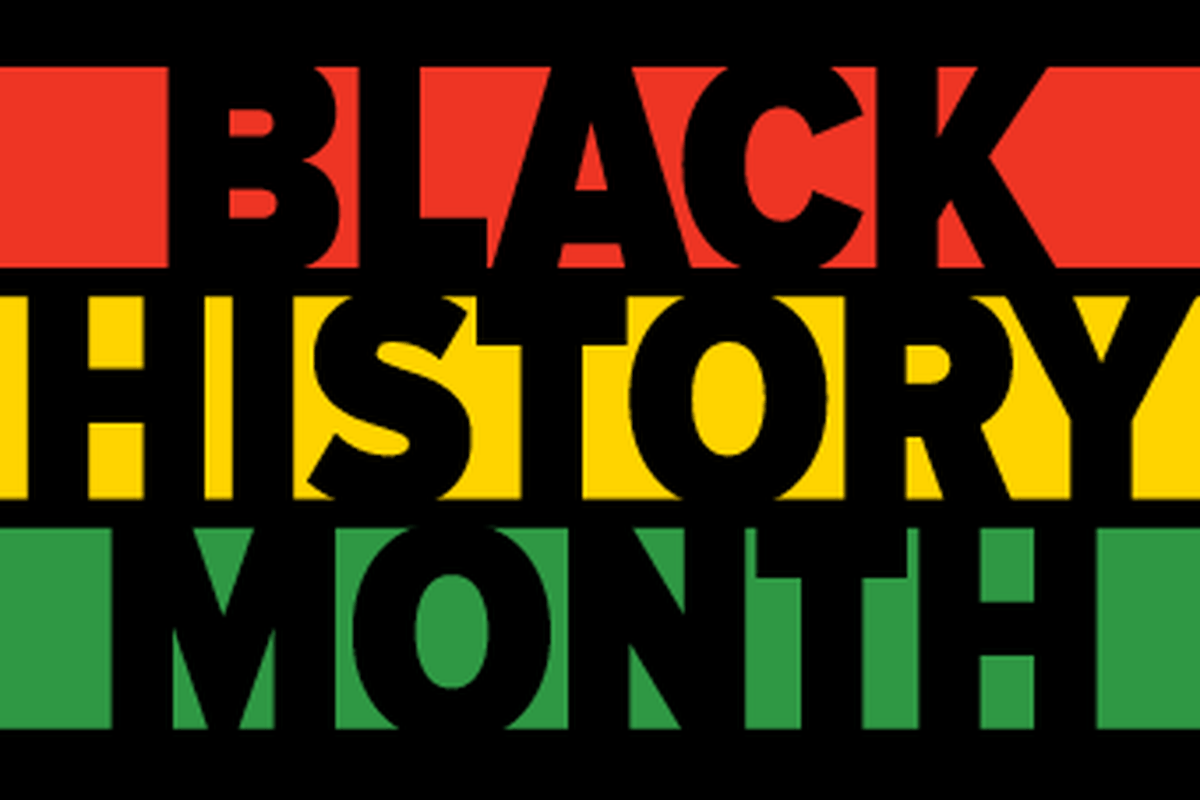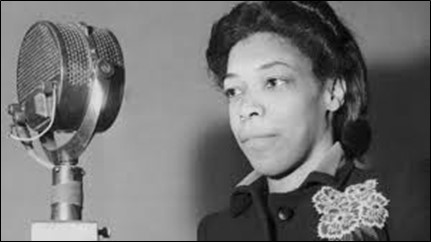

Una Marson
(6 February 1905 - 6 May 1965)
Una Marson is a pioneering Jamaican poet, playwright, and broadcaster who became the first Black woman to work as a producer at the BBC.
Born in Jamaica, Marson moved to London in the 1930s, where she became a key figure in both the feminist and Pan-African movements, advocating for the rights of women and people of African descent.
Marson joined the BBC in 1939, where she made history by creating Caribbean Voices in 1943 - a program that showcased the work of Caribbean writers and poets. This platform was instrumental in bringing Caribbean literature to the attention of a broader audience, helping to launch the careers of literary figures like V.S. Naipaul and Derek Walcott. Through her work, Marson gave a voice to underrepresented communities and fostered greater cultural understanding in British media.
Marson’s work at the BBC during World War II also involved producing programs that addressed issues faced by colonial troops from the West Indies and Africa, giving them a voice in British media. Her efforts contributed to changing perceptions of Black people in the UK and beyond, using the power of radio to bridge cultural divides.
Beyond her broadcasting achievements, Marson was an accomplished writer. Her poetry and plays, such as At What a Price, explored issues of race, colonialism, and the challenges faced by Black women. Her work as a writer and her contributions to the BBC made her a trailblazer for both racial and gender equality in the media industry. Between 1737 and 1968, the Lord Chamberlain’s Office censored all plays destined for the stage.
Una Marson’s legacy as a pioneering broadcaster, advocate for social justice, and literary voice continues to inspire future generations.